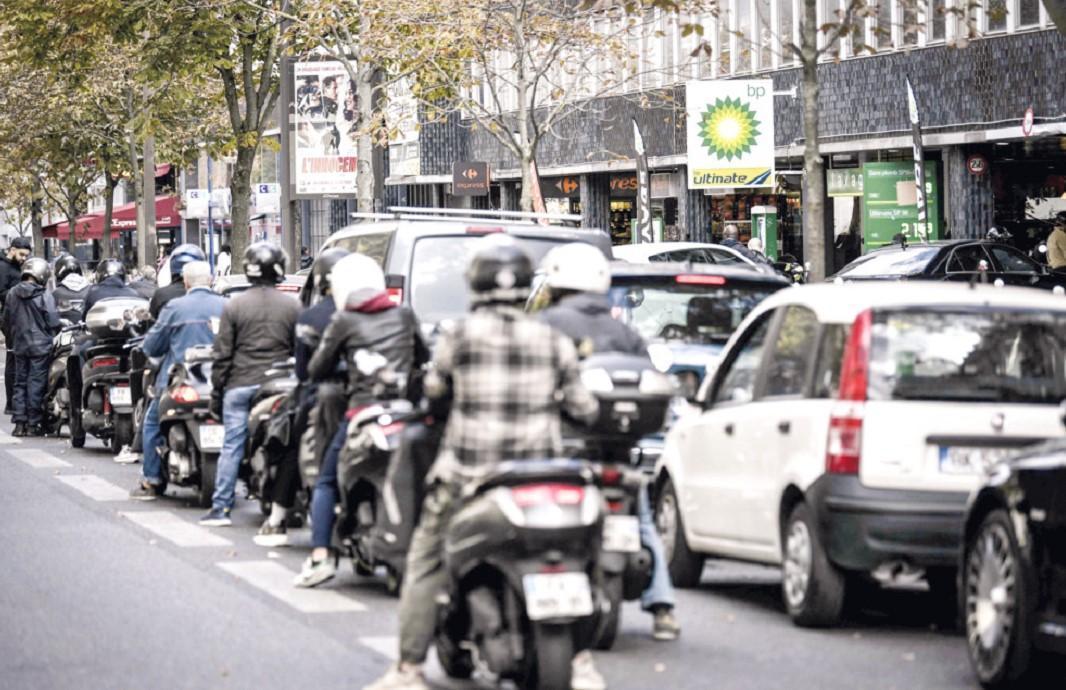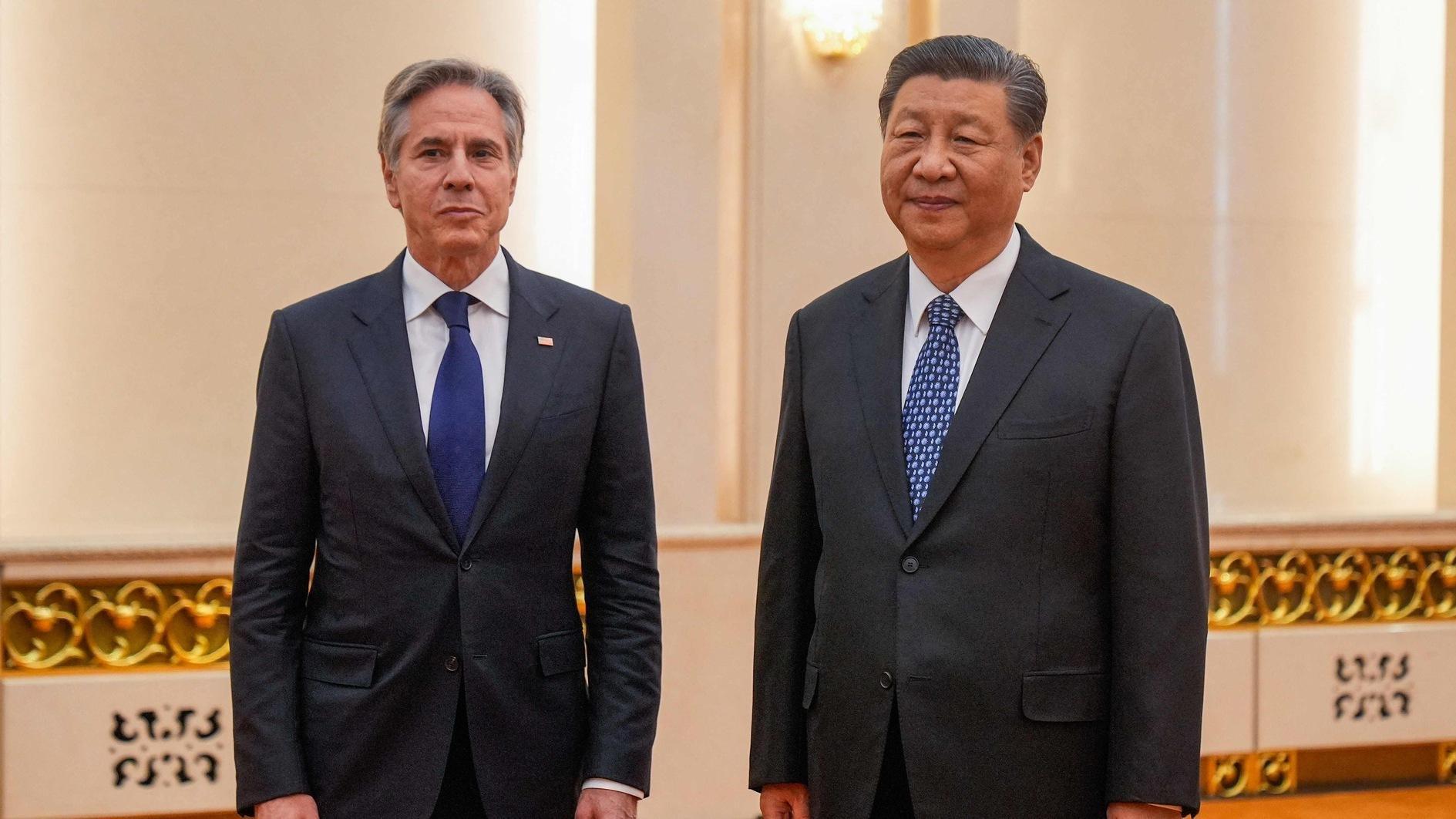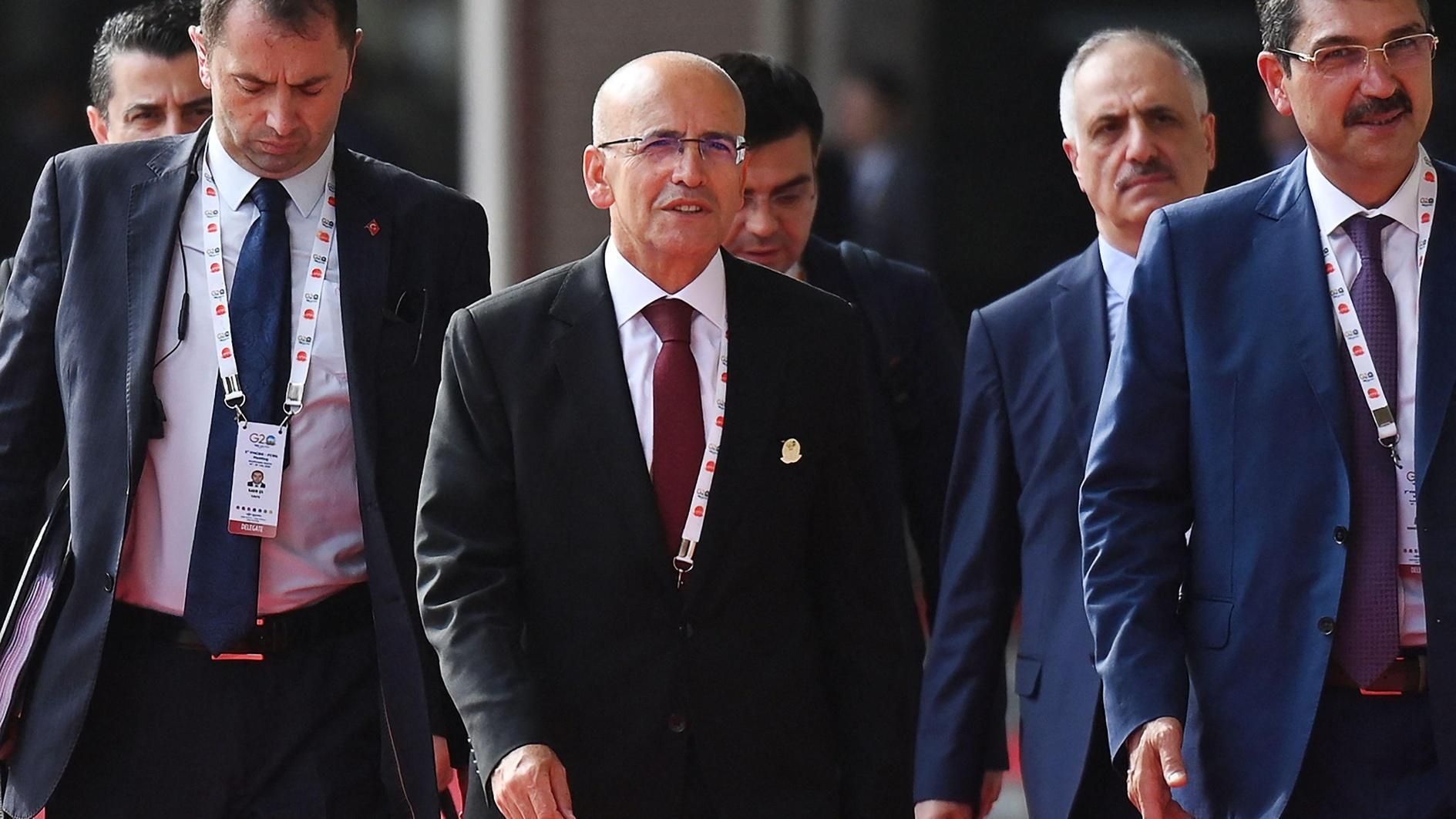EU to reveal plans next week to tackle rising energy costs
PRAGUE

The European Commission will next week present long-awaited plans to mitigate soaring energy costs that are hitting EU households and businesses hard, the energy commissioner has said.
Europe is facing an acute energy crunch as the price of electricity generation skyrockets because of a massive surge in gas prices following Russia’s invasion of Ukraine.
Energy Commissioner Kadri Simson told reporters on Oct. 12 that the commission would bring forward a proposal that includes joint gas purchases by 2023 after a meeting in Prague of European energy ministers.
By harnessing the bloc’s collective purchasing power, she said, the EU could “avoid member states outbidding each other on the market” and thus “driving up” prices.
Among the proposals, to be presented on Oct. 18, is an alternative benchmark to the natural gas reference price.
But Simson made no reference to proposals raised last week by European Commission President Ursula von der Leyen on a price cap on gas imports from the EU, or on a temporary cap on the price of gas used to generate electricity.
Simson said talks in the next few days would continue to try to find a majority in favor of a price cap on gas used for electricity production.
The mechanism, already applied in Spain and Portugal and supported by France, is not universally popular in the bloc, with some countries hostile to state intervention in the markets, including Germany, Europe’s biggest economy.
The commission’s proposals will be discussed at a summit of leaders on Oct. 20 and 21 in Brussels, before more talks between energy ministers on Oct. 25 in Luxembourg.
Any possible adoption will happen at an extraordinary ministerial meeting in November.
Meanwhile, France’s economy minister urged the United States on Oct. 12y to offer cheaper prices for liquefied natural gas.
Bruno Le Maire made the plea at a meeting of finance ministers and central bankers from the Group of 7 wealthy democracies on the sidelines of the IMF’s annual talks in Washington.
“We expect more from the U.S. administration to get LNG at a cheaper price with a long-term approach,” Le Maire said.
His comments came a week after Germany accused the United States and other countries of charging “astronomical prices” for gas.
Russia has drastically cut gas deliveries to Europe since its invasion of Ukraine in February, with Germany hit the hardest as it is heavily reliant on the country’s supplies.
Europe has since turned to the United States for help, with American liquefied natural gas now accounting for 45 percent of the continent’s LNG imports, compared to 28 percent last year.
LNG is more expensive to import than Russian gas that was shipped via pipelines to Europe.
















